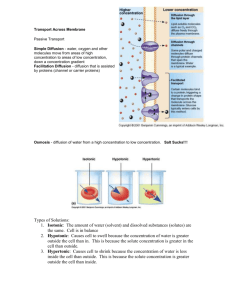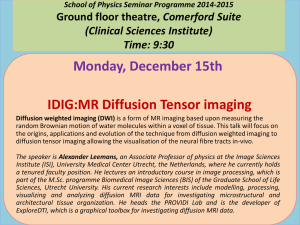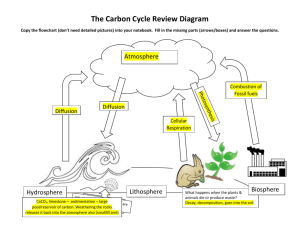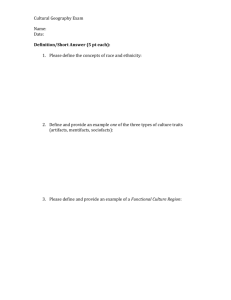Fiber Tracking Techniques in Magnetic Resonance Diffusion Tensor Imaging Grace Michaels
advertisement
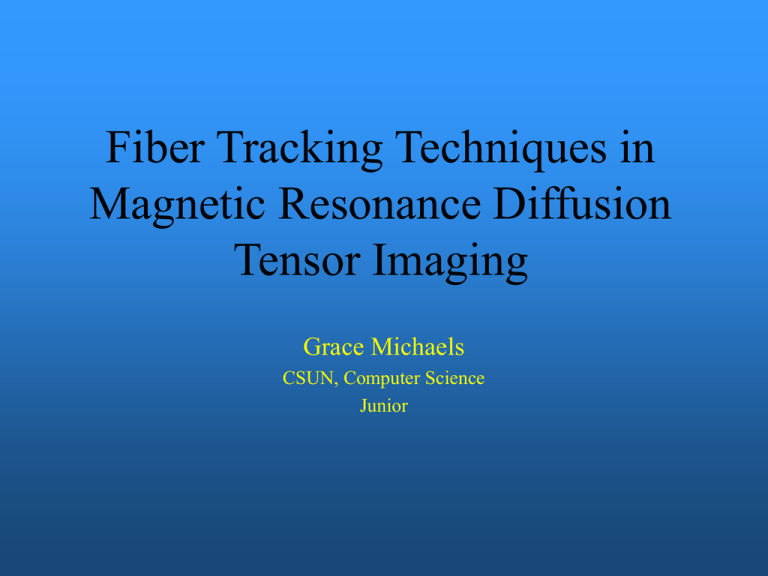
Fiber Tracking Techniques in Magnetic Resonance Diffusion Tensor Imaging Grace Michaels CSUN, Computer Science Junior What is MRDTI ? • A modern technique for visualization at high resolution of the white matter tracts in the brain. Two Steps… MRI scanner, determines the orientation of the tracts at each point by measuring diffusion rates and identifying the direction of the fastest diffusion. The information about the diffusion rates is encoded into the diffusion tensor and various integration techniques are used to reconstruct the path of the fiber. DT-MRI also promises to further our understanding of abnormalities in a variety of diseases such as • Stroke • Tumors • Multiple sclerosis • Schizophrenia Experiments • 2D • 3D Experiments • 2D Experiments • 2D Experiments • 2D How the method works? • We start from initial concentration of test liquid, corresponding to a drop at some point of the tested media. How the method works? • The fact that water molecules are more likely to propagate along the fiber then cross it is reflected in the coefficients of diffusion tensor prescribing different rates of propagation in different directions trough the linear diffusion equation. Diffusion Tensor So, we solve the anisotropic equation: 3 3 d d d ( x, t ) Tij ( x, t ) dt dx j i 1 j 1 dxi where ( x, t ) is concentration of test molecules at point x 3 - one step forward in time - one step backward in time A curvature-based ridge-tracking algorithm in 2D Finding end points Finding end points Why is fiber tracking important? • Brain surgery may cause damage to important fiber bundles. Knowledge of their extension could minimize functional damage to the patient. • White matter can be visualized using fiber traces for a better understanding of brain anatomy. • Connectivity between different parts of the brain can be inferred, which is useful for functional and morphological research on the brain. Future work • Develop 3D experiments • Get real data from MRI clinic in Pasadena • Real data experiments Acknowledgements • Dr. Alexander Alekseenko, Math Department, CSUN • NASA CSUN/JPL PAIR Program • Dr. Carol Shubin, NASA CSUN/JPL PAIR Program director, Math Department THANK YOU! QUESTIONS ???
